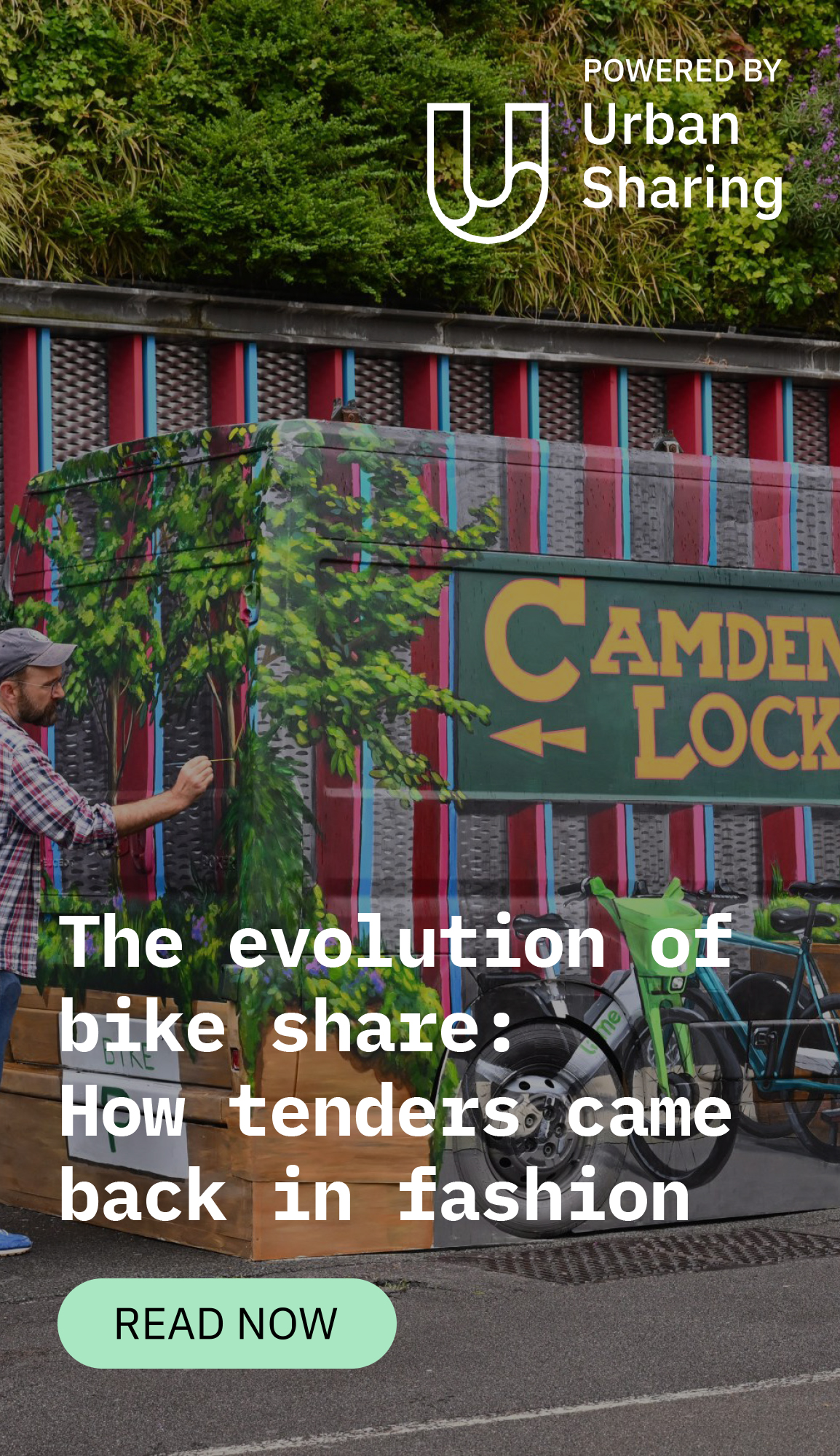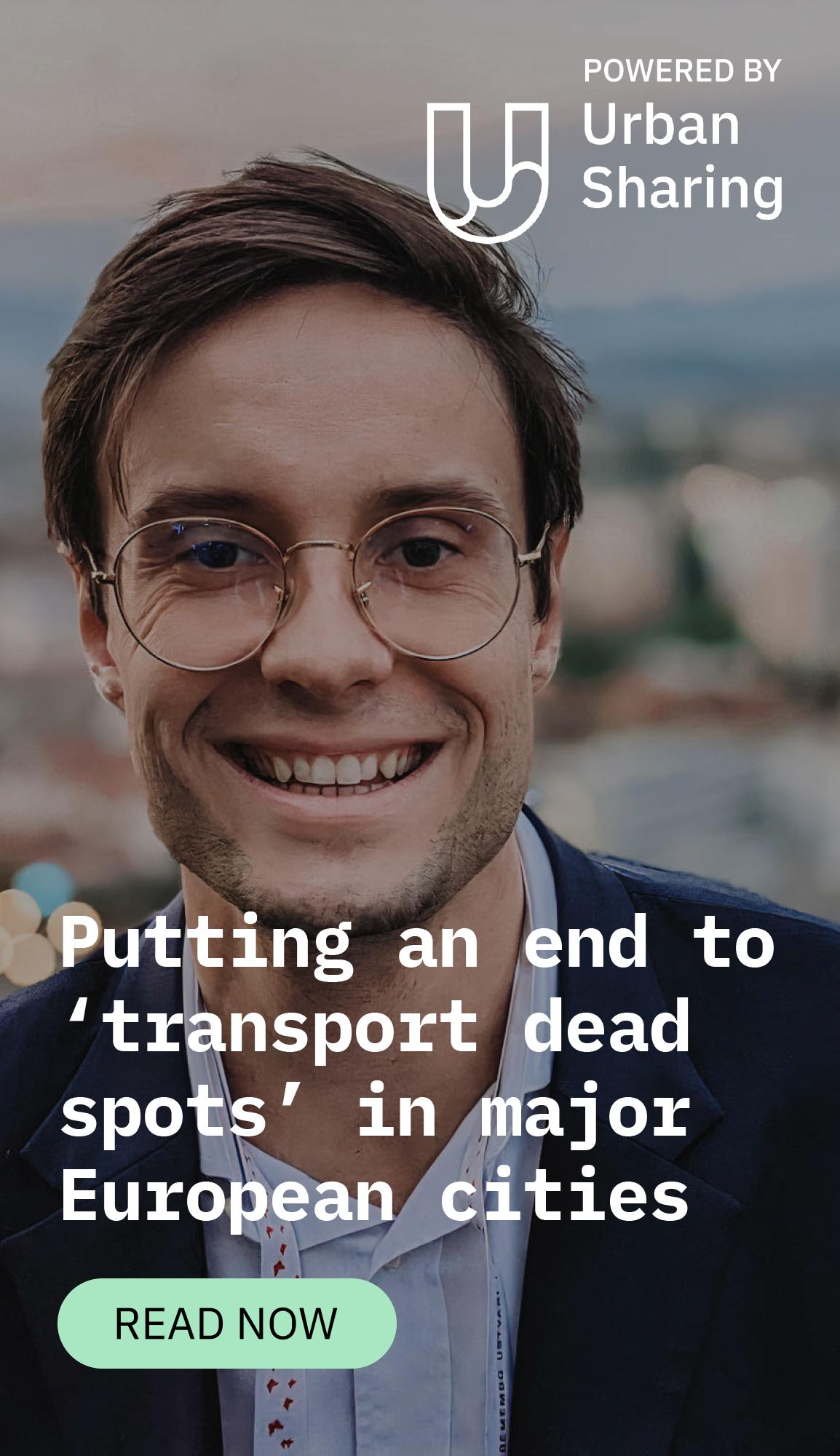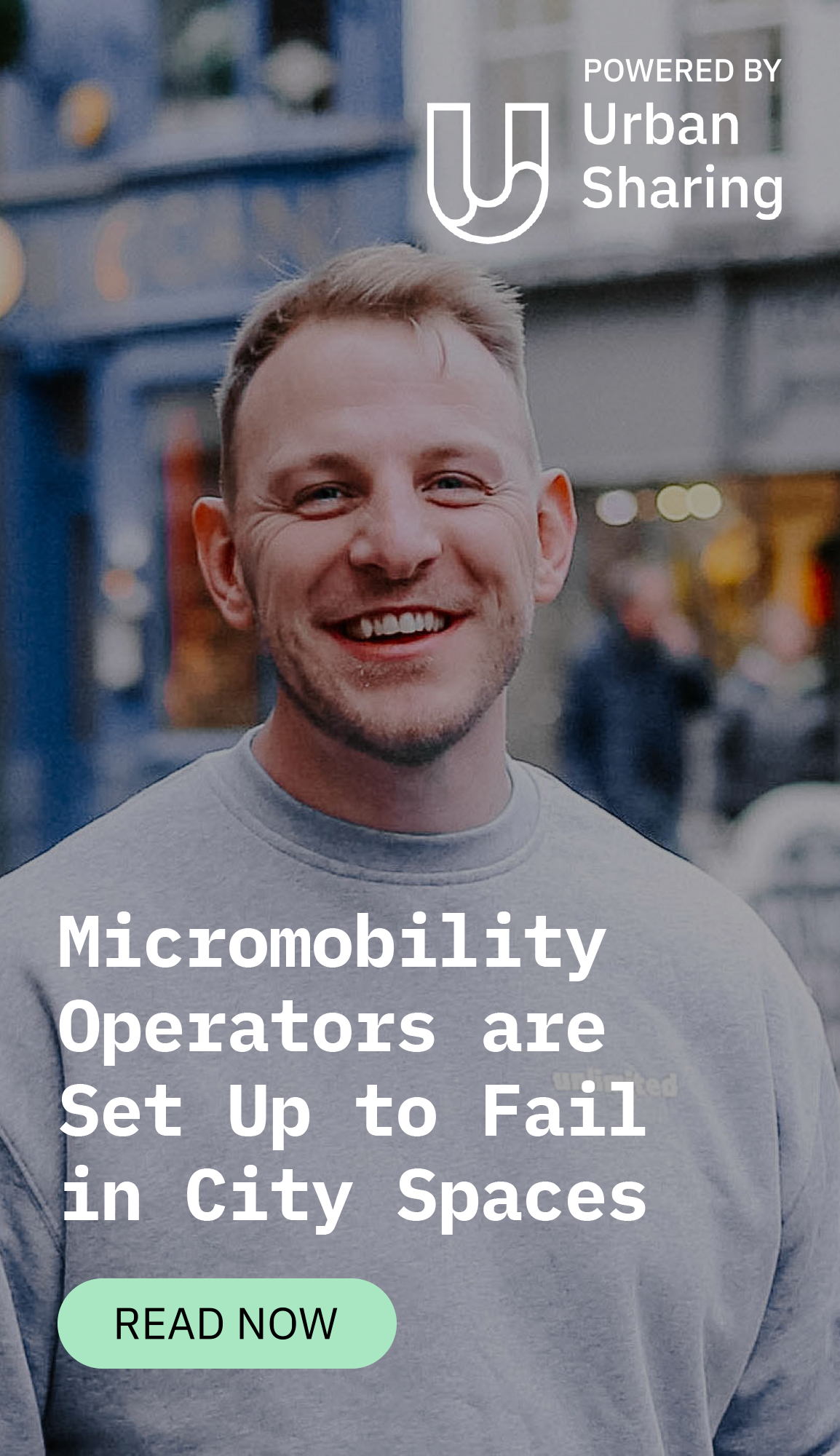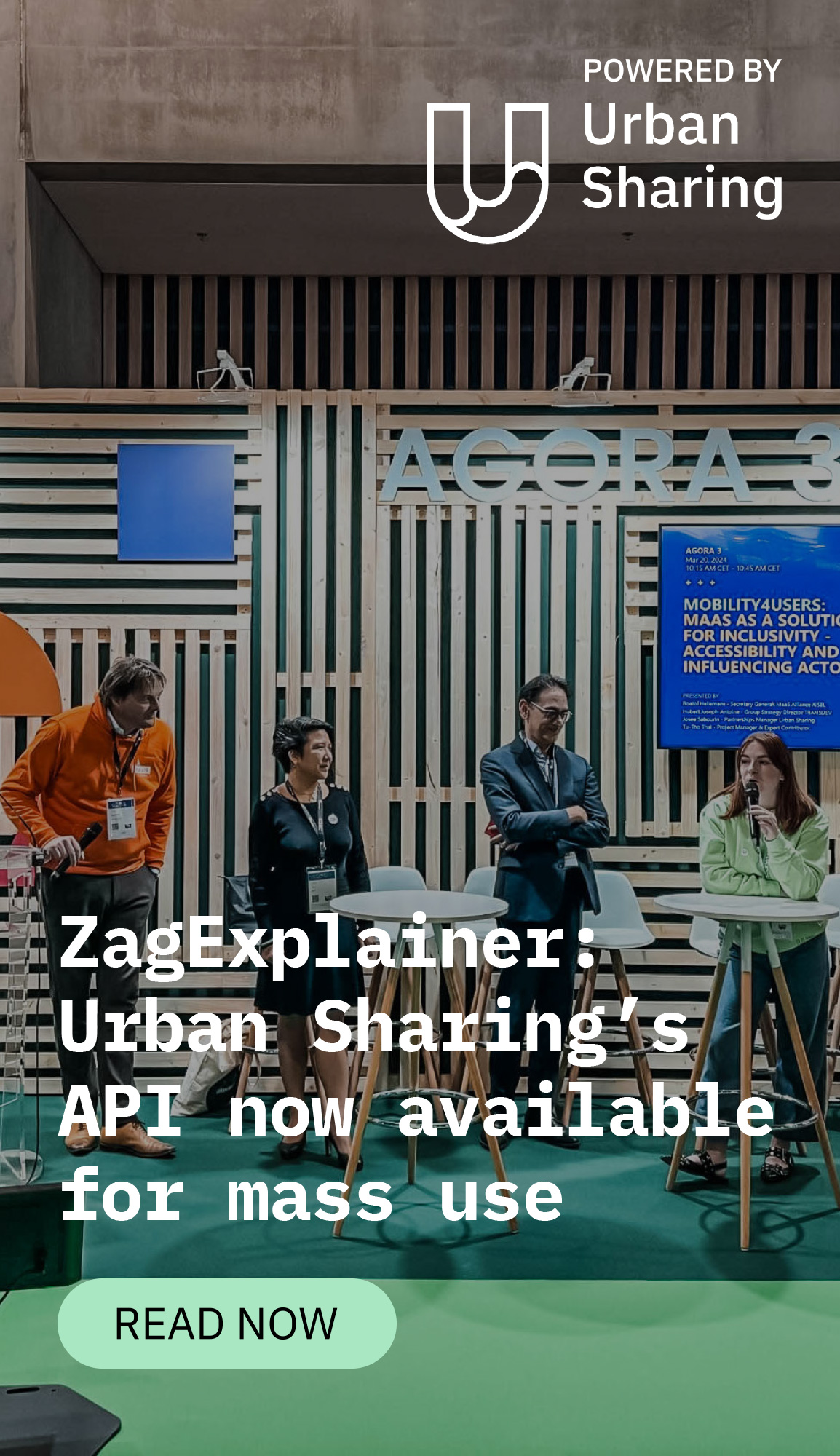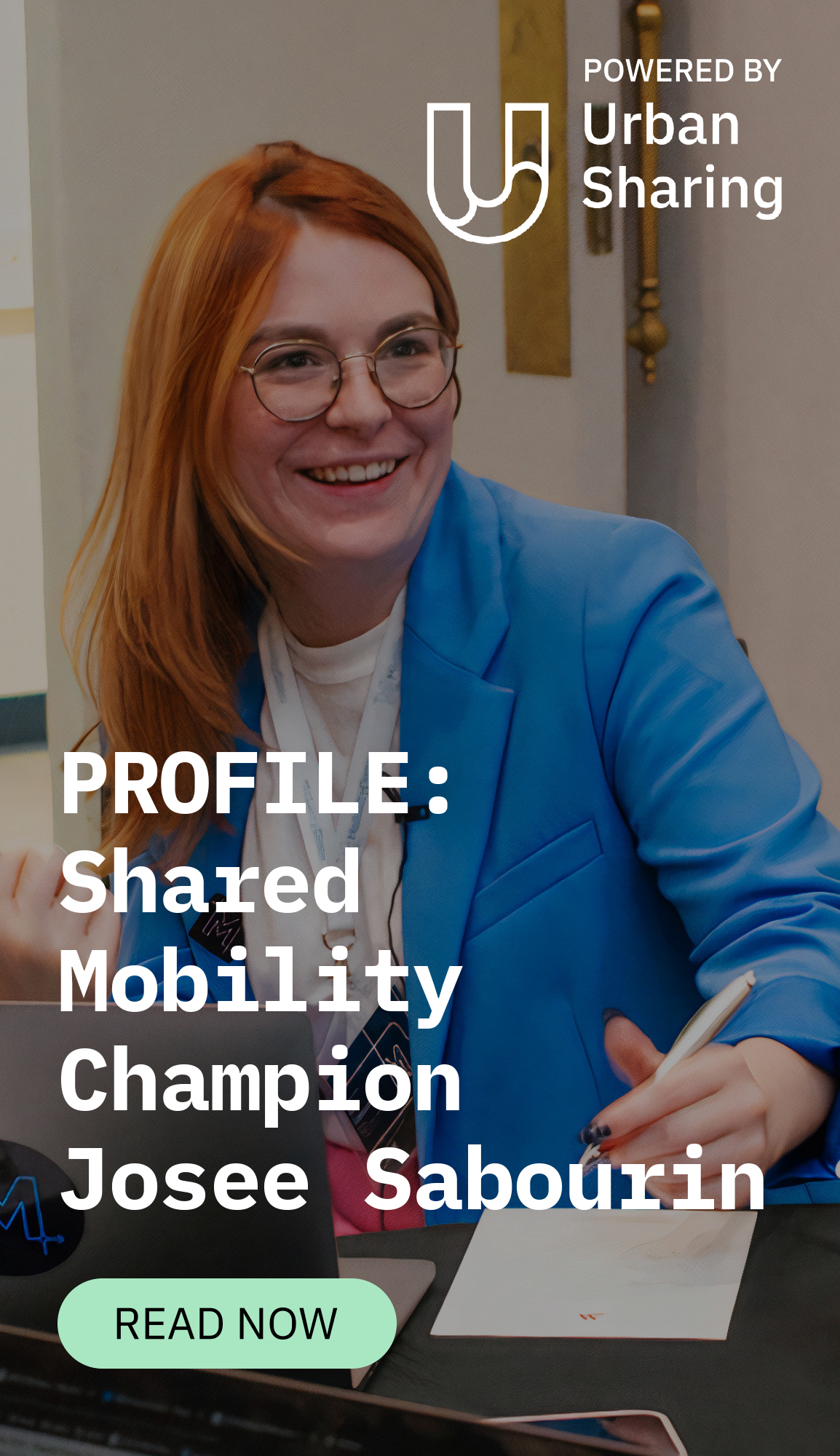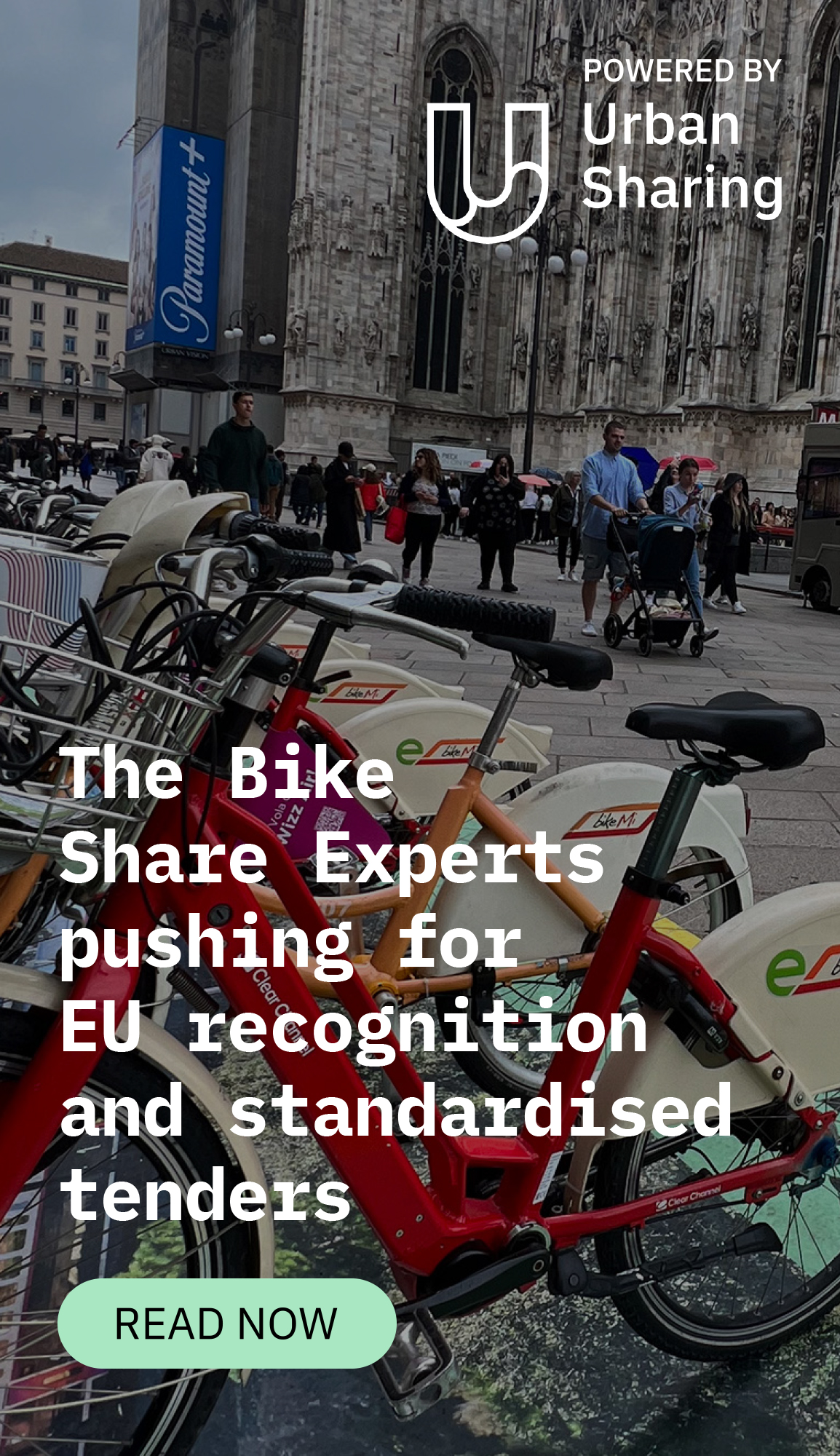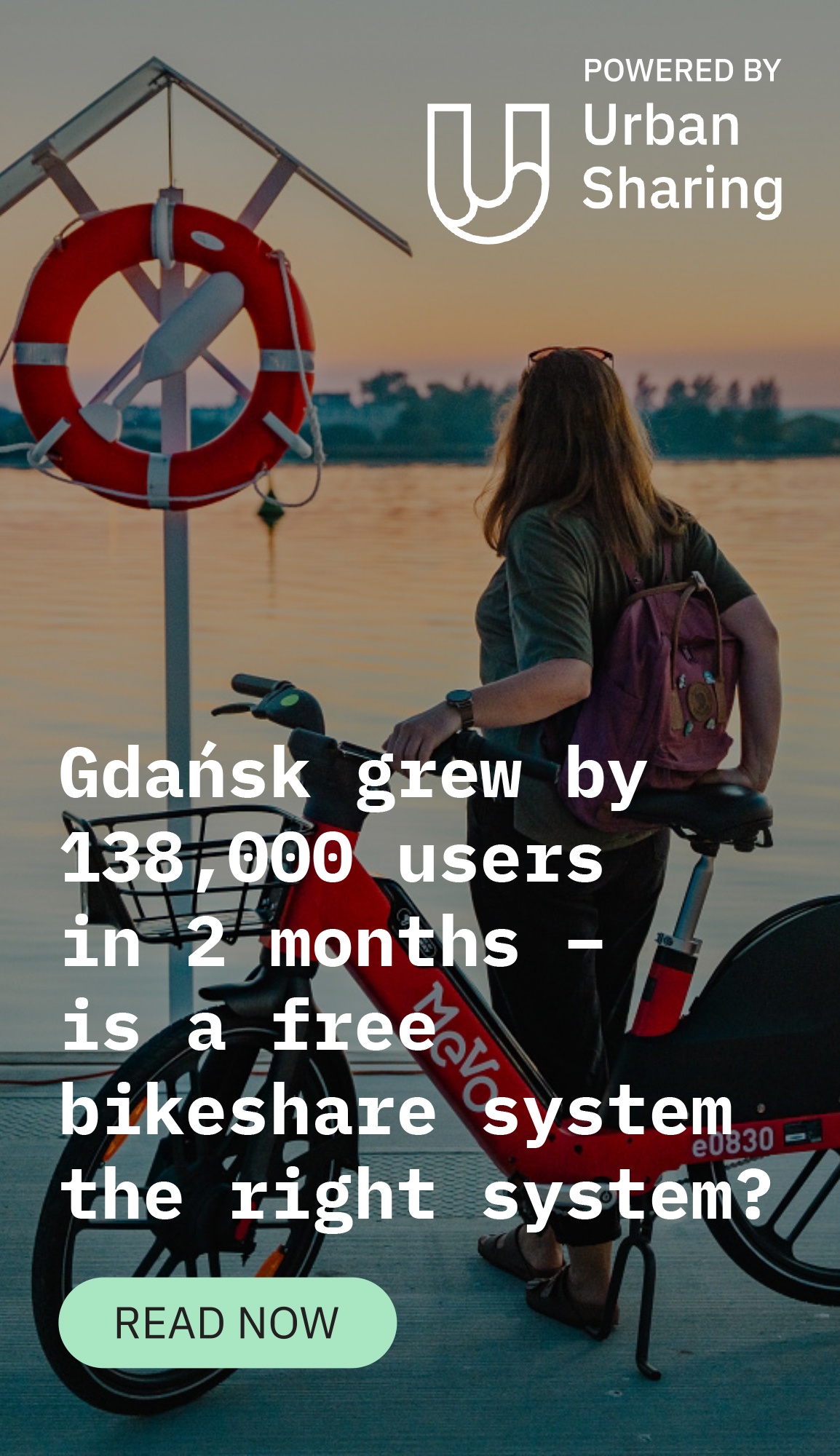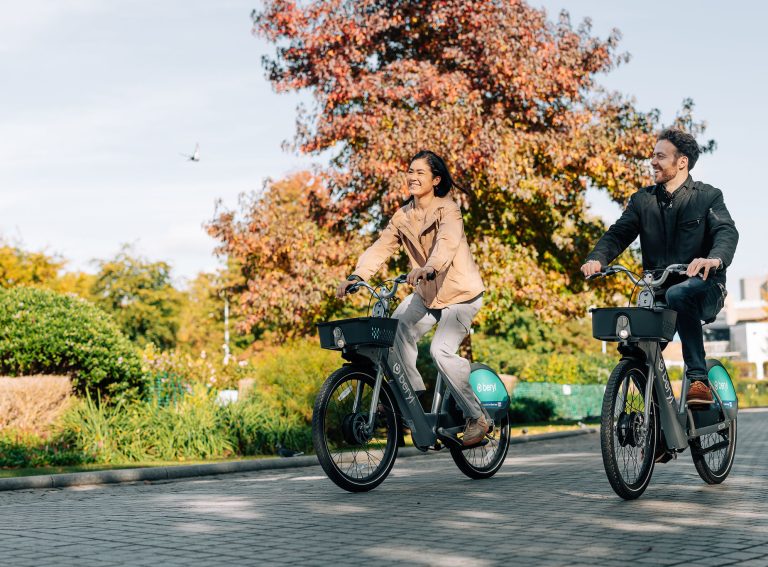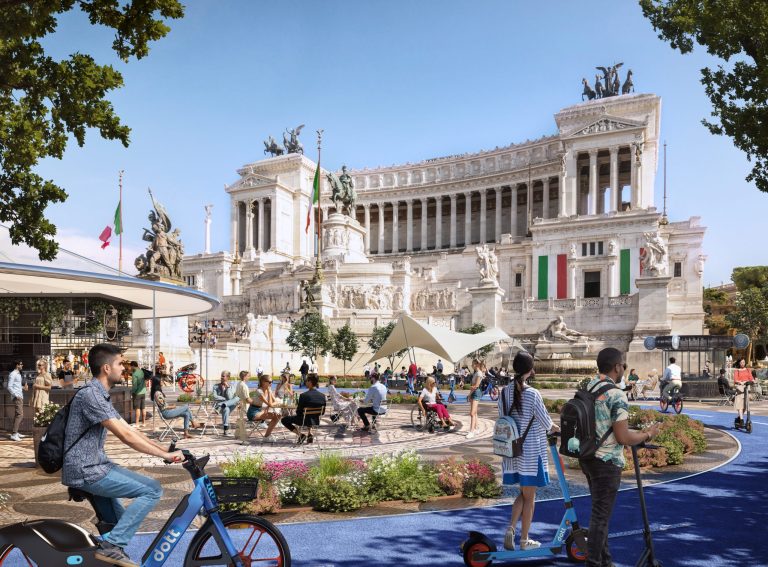Author: Renaud Fages, Chief Mobility Officer at Bird
Large events in cities, whether planned or unplanned, can put incredible strain on transportation networks. This is one of many areas where Bird electric micromobility solution shines.
Over the course of more than four years, we have worked together with our city partners to create and execute special event strategies that complement public transportation, increase personal mobility and decrease traffic congestion.
Some of these include 2019’s Eurovision competition in Tel Aviv and World Series in Washington, DC, multiple SXSW events in Austin, TX, the ATP Tour finals in Turin, Italy in 2021, as well as the four most recent Super Bowl games held in Atlanta, Miami, Tampa and Los Angeles.
When such events occur, bringing up to a million visitors into a city at a time, Bird has developed a streamlined and effective three-step formula to help ensure uninterrupted mobility service. We’ve even created an acronym for it: CCO.
- Collaboration: The first step involves working together with local officials and community partners to identify city and transit needs, craft core messaging and understand changes to operational zones. We will also partner with complementary organizations like Yelp to help promote ridership to local area businesses. This is usually done weeks in advance.
- Communication: Next, our brand team amplifies core messaging alongside our local partners through various channels including email and in-app messages, blog and press articles, as well as social media campaigns and influencer initiatives. These efforts are run both before and during the event and generally have a reach stretching into the millions with hundreds of thousands of owned-channel impressions.
- Operations: Finally, our local operations teams and fleet manager partners get to work implementing changes to service areas including deploying temporary fleet increases, activating new geo-localized zones for riding and parking and working with metro services to allocate additional vehicles to popular public transit stops. When possible, we will even create private chat threads with local departments of transportation to ensure real-time communication and responses.
The end result is a complementary micromobility system that helps transform urban transportation during large events, leading to coordinated increases in e-scooter and bike use of up to 250 per cent. But don’t just take our word for it:
“Bird was typically the first operator to reach out to my department to request coordination meetings to ensure that they provided first- and last-mile scooter service to visitors,” said Carolyn Wormser, former Director of Special Events at the City of San Diego. “They would work with my department on planning ride paths and staging logistics for safe and smooth scooter transportation to and from an event. If adjustments needed to be made during the event to improve safety and traffic flow, the Bird team was always present and very responsive.”
Case studies in supporting unplanned public transit outages
Of course, major events that require transportation assistance aren’t always planned far in advance.
Recently, the US capital experienced a months-long unplanned metro outage impacting two-thirds of its railcar fleet—one of the busiest rail transit systems in the country. When that happened, Bird was proud to step up and support Washington’s DDOT, offering automatic discounts of 25 per cent to all DC riders alongside readjusted deployment strategies to prioritize areas along the metro corridor.
These collaborative solutions proved successful, particularly in neighbourhoods such as Howard University that were hard hit by limited Washington Metro service. Bird ridership increased by as much as 113 per cent in these areas, demonstrating the clear role micro-EVs play in providing critical redundancies to transit networks to support essential workers.
Similarly, in early 2022 we launched an exclusive shared e-bike pilot in Groningen, Netherlands. The program was set up to support city transportation during “Operation Julianaplein”, a period of construction work that will see one of the city’s main thoroughfares and several smaller streets closed between February and May.

